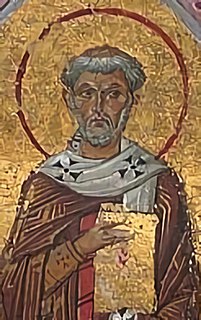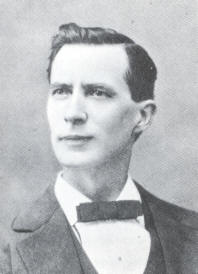A Quote by Pope Leo I
Each needs the other: capital cannot do without labor, nor labor without capital.
Related Quotes
It is time that capital and labor realized that their interests are really comutual, as interdependent as the brain and the body; time they ceased their fratricidal strife and, uniting their mighty forces under the flag of Progress, completed the conquest of the world and doomed Poverty, Ignorance and Vice... Unless labor is employed, capital cannot increase - it cannot concentrate. Unless property rights are held inviolable and capital thereby encouraged to high enterprise, labor is left without a lever with which to lift itself to perfect life and must sink back to barbarism.
The purpose of finance is to enable business to acquire the ownership of capital instruments before it has saved the funds to buy and pay for them. The logic used by business in investing is things that will pay for themselves is not today available to the 95% born without capital. Most of us owe instead of own. And the less the economy needs our labor, the less able we are to "save" our way to capital ownership.
Thus, the capital owner is not a parasite or a rentier but a worker - a capital worker. A distinction between labor work and capital work suggests the lines along which we could develop economic institutions capable of dealing with increasingly capital-intensive production, as our present institutions cannot.




























